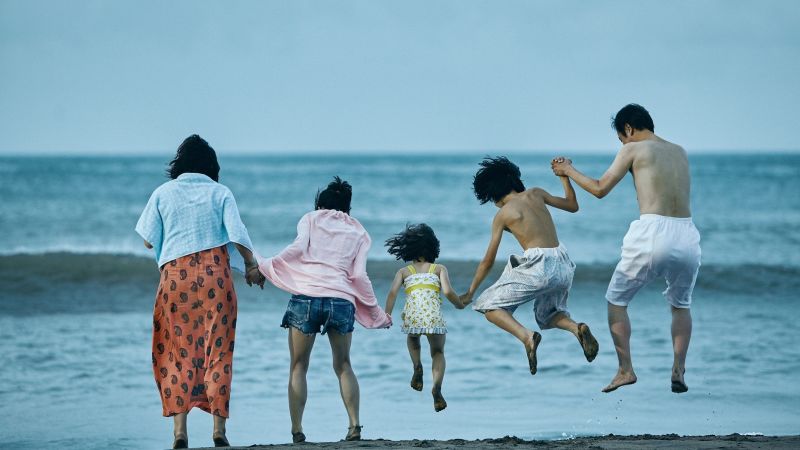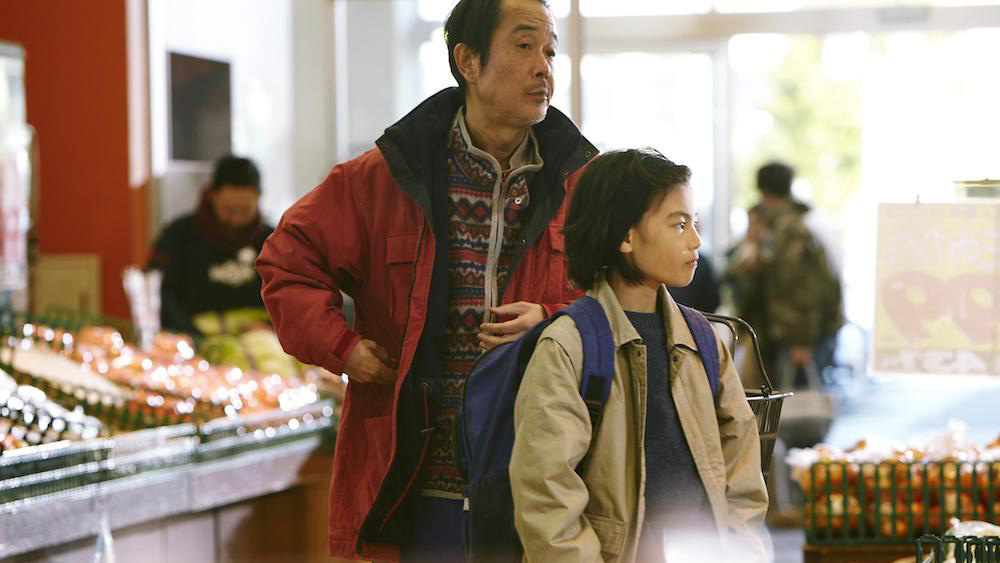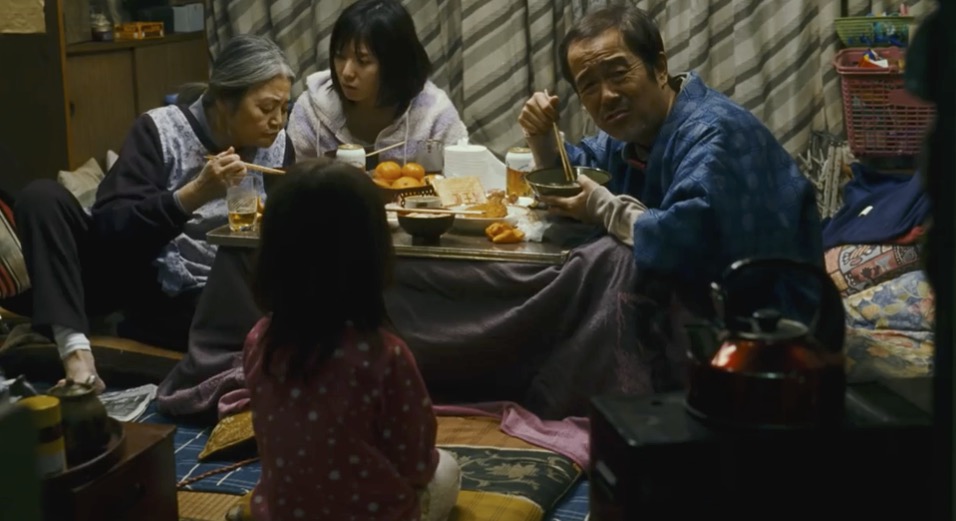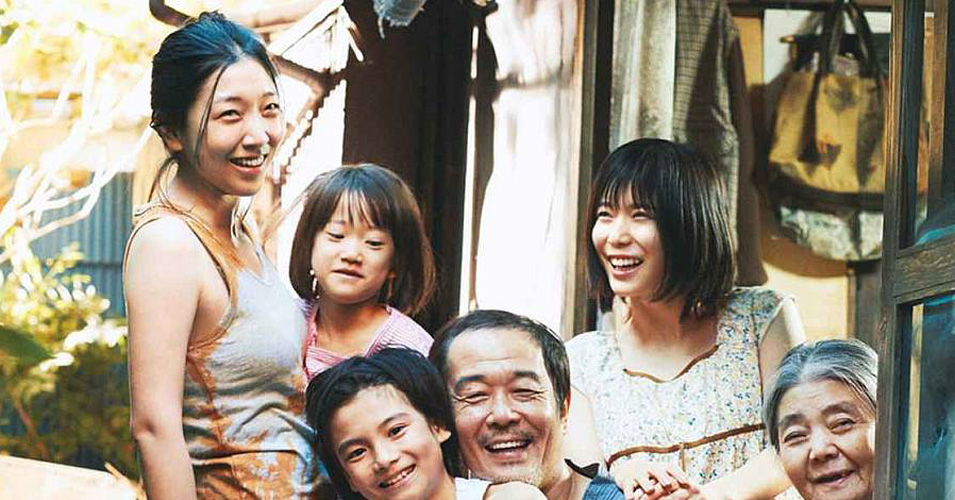'Shoplifters': A Moving Portrait of Falling Through the Cracks and the Resonance of Found Families
Last month, I finally mustered the resolve to make a trip to Doc Films. If you’re friends with me on Facebook, you’re probably a witness to my routine of randomly marking that I’m “Interested” in whatever screenings are on for that week, as well as my absence at all of said screenings. This weekend was different, as one of the showcased films was Shoplifters, which won arguably the most prestigious award in the film industry: the Palme d’Or at Cannes Film Festival.




Directed by Japanese filmmaker Hirokazu Kore-eda, Shoplifters takes place in Tokyo and depicts the lives of a group of people entrenched in poverty. Osamu is a day-laborer forced to leave his job after breaking his ankle, and he lives with Aki, a hostess club worker, Shota, a young boy, and Hatsue, an elder woman who owns the home they live in while supporting the group with her dead person’s pension.
It is revealed that Osamu and Shota shoplift goods at various convenience stores, and their routine has become very elaborate over the years. Their reasoning for stealing goods is that unsold goods do not belong to anyone, and that, after a while, they have no choice but to be stolen. Their routine is characterized by creative mischief, and you’re secretly rooting for them every step of the way.
This film is one of sadness, but a sadness that isn’t impossible to accept. It’s filled with minor bouts of grief that are overcome by the group’s ironclad resolve in remaining loyal and honest to each other. The film isn’t a compilation of flat out, in-your-face tragedies that demand audience tears. Rather, it depicts the inconveniences of their menial shoplifting as a result of their extreme poverty. It’s hard to call Shoplifters a sentimental tragedy as it’s much more about battling inevitable nihilism in its denouement and exploring the intimacy and understanding that can only arise amongst a found family.
Feature image via.






